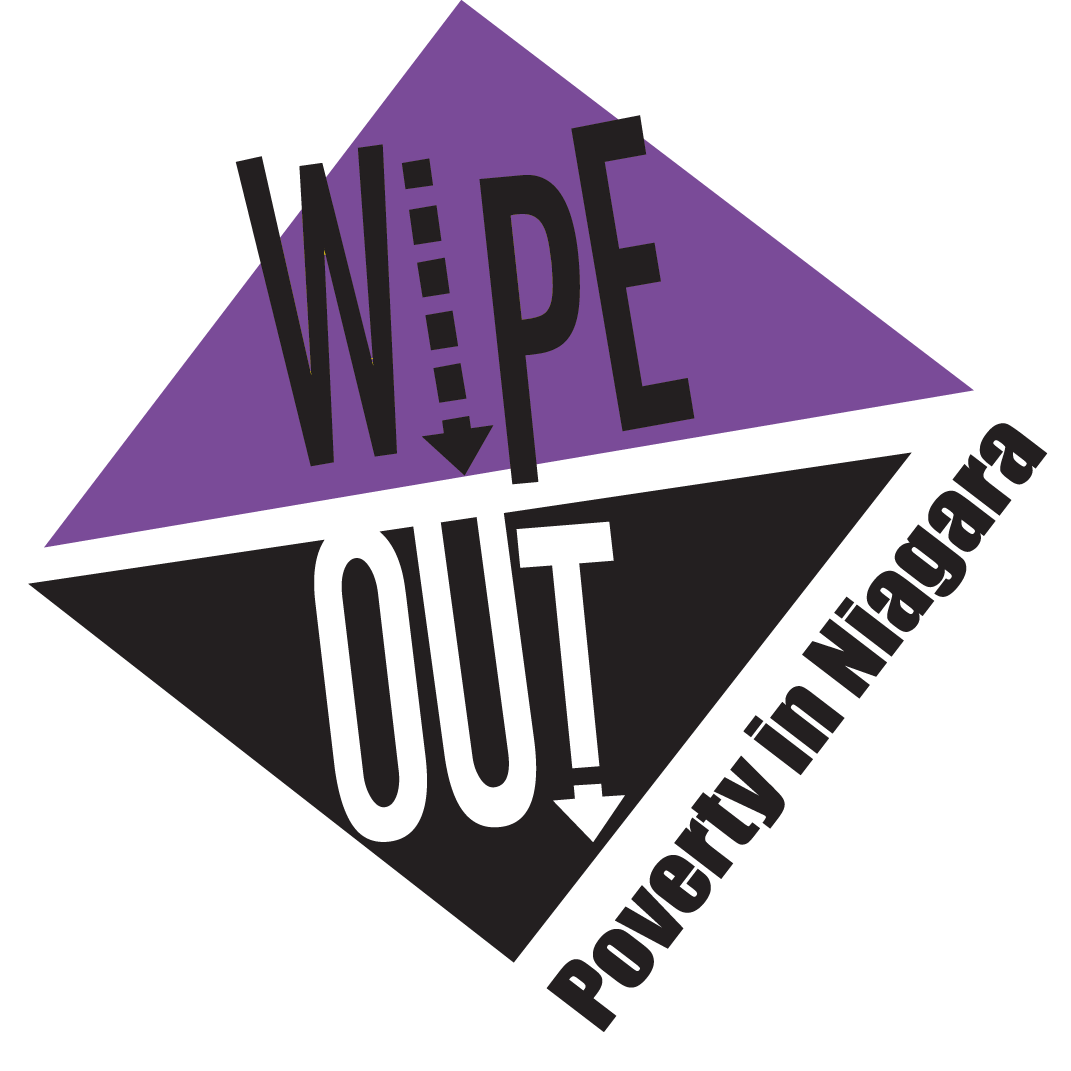
The 2021 Living Wage Calculation for Niagara Region
The Niagara Poverty Reduction Network (NPRN) is pleased to announce that the 2021 living wage calculation has been established to be $18.90/hour. The living wage was last calculated in 2019 at $18.12, so this represents an hourly increase of $0.78 over a two year period.
As part of National Living Wage Week, the Network has released two new reports, “Calculating the Cost of Living in Niagara Region, 2021” and ‘Calculating the Living Wage for Niagara Region, 2021’, which outline the methodology used. The reports are available at www.wipeoutpoverty.ca
“A living wage reflects what earners in a household need to be paid based on the actual costs of living and being included in a specific community,” says Jennifer Gauthier, Vice Chair of the Niagara Poverty Reduction Network. “A living wage is not the same as the legislated minimum wage. It is a voluntary commitment that employers can make to compensate directly-employed and contract-employed full-time and part-time workers.”
“Providing wages that allow a household to meet its basic cost of living needs is important to support the reduction of poverty in Niagara region,” says Gauthier.
The methodology used to produce the cost of living and living wage calculations comes from the Ontario Living Wage Network (OLWN). This provides consistency across the 29 regions in Ontario with a calculated living wage rate. This year, the OLWN updated its methodology to reflect a weighted average approach to calculating the living wage.
“Each year we look at major cost of living expenses that workers face such as rent, transportation, childcare, and food. We also take into account other expenses such as internet, recreation, and clothing. Applicable government taxes, transfers, and benefits are then factored in to calculate the living wage rate needed to meet cost of living expenses,” says Anne Coleman, Manager of the Ontario Living Wage Network. “As we begin to emerge from the pandemic, Ontario’s living wage rates are evolving to reflect current realities and new government benefits. For 2021’s calculation we moved to an aggregated family model to better represent what kind of expenses to include and a weighted average of the living wage rate based on census data of three different reference families: A family of four with two adults each age 35, a 7-year old boy and a 3-year old girl, a single parent family with one 35-year-old female and a 7-year old boy, and a single male adult age 35.”
The Niagara Poverty Reduction Network remains committed to promoting the Ontario Living Wage Network’s provincial living wage employer certification program. To date, 63 employers from across Niagara region have become living wage certified, including new announcements coming later this week. This is up from 43 certified employers a year ago. To view the full list of certified Niagara employers, visit the NPRN website and its new living wage employer directory. For more information on the OLWN’s living wage employer certification program, visit www.ontariolivingwage.ca.






